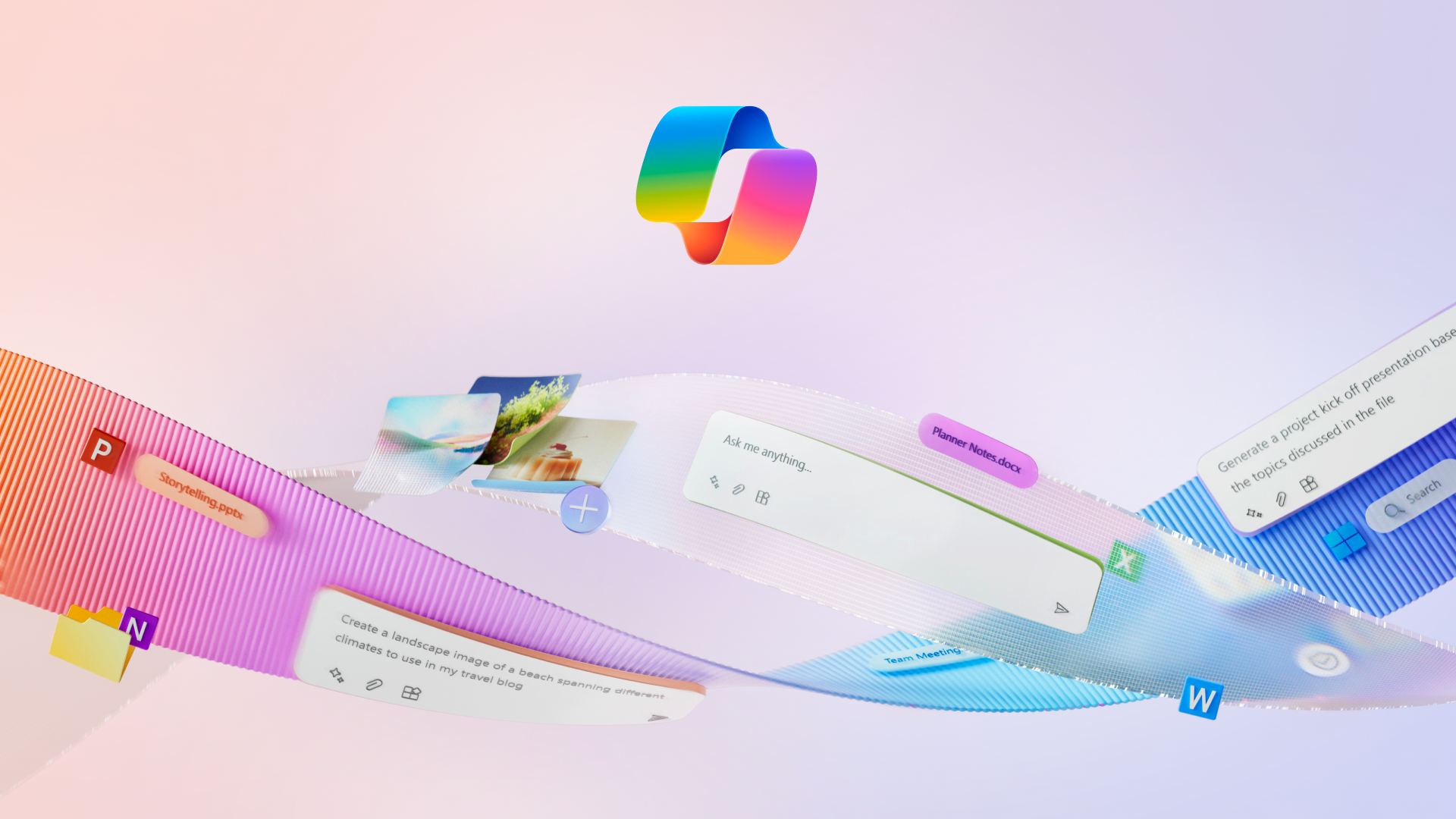Microsoft could be about to rebrand its AI into Windows Intelligence rather than Copilot
Can Microsoft's marketing take a bite out of Apple's AI branding?

Microsoft has made Copilot the name and style of its AI assistant and other AI services for more than a year, but it seems the company might have a rebranding project underway with a transparent origin. In references shared on X from the appprivacy.adml file, it looks like AI-powered features in Windows 11 will be collected under the umbrella name "Windows Intelligence." While positioning AI centrally in the operating system is certainly not a surprise, the name is either a deliberate attempt to leverage Apple’s “Apple Intelligence” branding or the biggest coincidence since Mark Zuckerberg started a company with the same name as Harvard's digital yearbook.
Of course, you can't copyright the term Intelligence, but the possible decision to join Apple's branding choice suggests Microsoft sees it as a way to align the idea of an AI-fueled operating system in the minds of customers. Microsoft has used Windows Intelligence as a term before, but it is usually used for cybersecurity upgrades. Also, to be fair, it's not just a name. Microsoft wants AI, regardless of the name, to be built into everything it offers, including the basics of Windows like Notepad and the whole Microsoft 365 suite. In fact, Windows Intelligence could likely supersede Copilot, turning the AI assistant into a product of Windows Intelligence rather than an independent tool.
Copilot by your side
Taking advantage of Apple's branding is an odd choice for competitors, but it has happened before. In fact, Apple is frequently the target, thanks to its own marketing success. Just think of all the products with "i" as the first letter or "pod" somewhere in the name.
Recent upgrades to Microsoft Copilot make it clear the possible change in branding won't mean the AI companion is being sidelined. The shift from chatbot to a more card-style system, a new Copilot Discover page that adjusts to match your interest based on conversations with the AI, and other updates cement that fact. Plus, features like Click to Do, which uses AI to offer interactive commands on your screen relevant to what you're doing, is a very helpful addition, as is the Recall tool for finding things you were looking at recently on your computer, document, webpage, video, or elsewhere. The future for Windows Intelligence and its users looks bright indeed.
You might also like...
- 5 surprisingly innovative ideas hidden in Apple Intelligence
- Apple Intelligence feels like the HomePod all over again
- Microsoft's AI Copilot makeover lets it see and speak
Get daily insight, inspiration and deals in your inbox
Sign up for breaking news, reviews, opinion, top tech deals, and more.

Eric Hal Schwartz is a freelance writer for TechRadar with more than 15 years of experience covering the intersection of the world and technology. For the last five years, he served as head writer for Voicebot.ai and was on the leading edge of reporting on generative AI and large language models. He's since become an expert on the products of generative AI models, such as OpenAI’s ChatGPT, Anthropic’s Claude, Google Gemini, and every other synthetic media tool. His experience runs the gamut of media, including print, digital, broadcast, and live events. Now, he's continuing to tell the stories people want and need to hear about the rapidly evolving AI space and its impact on their lives. Eric is based in New York City.